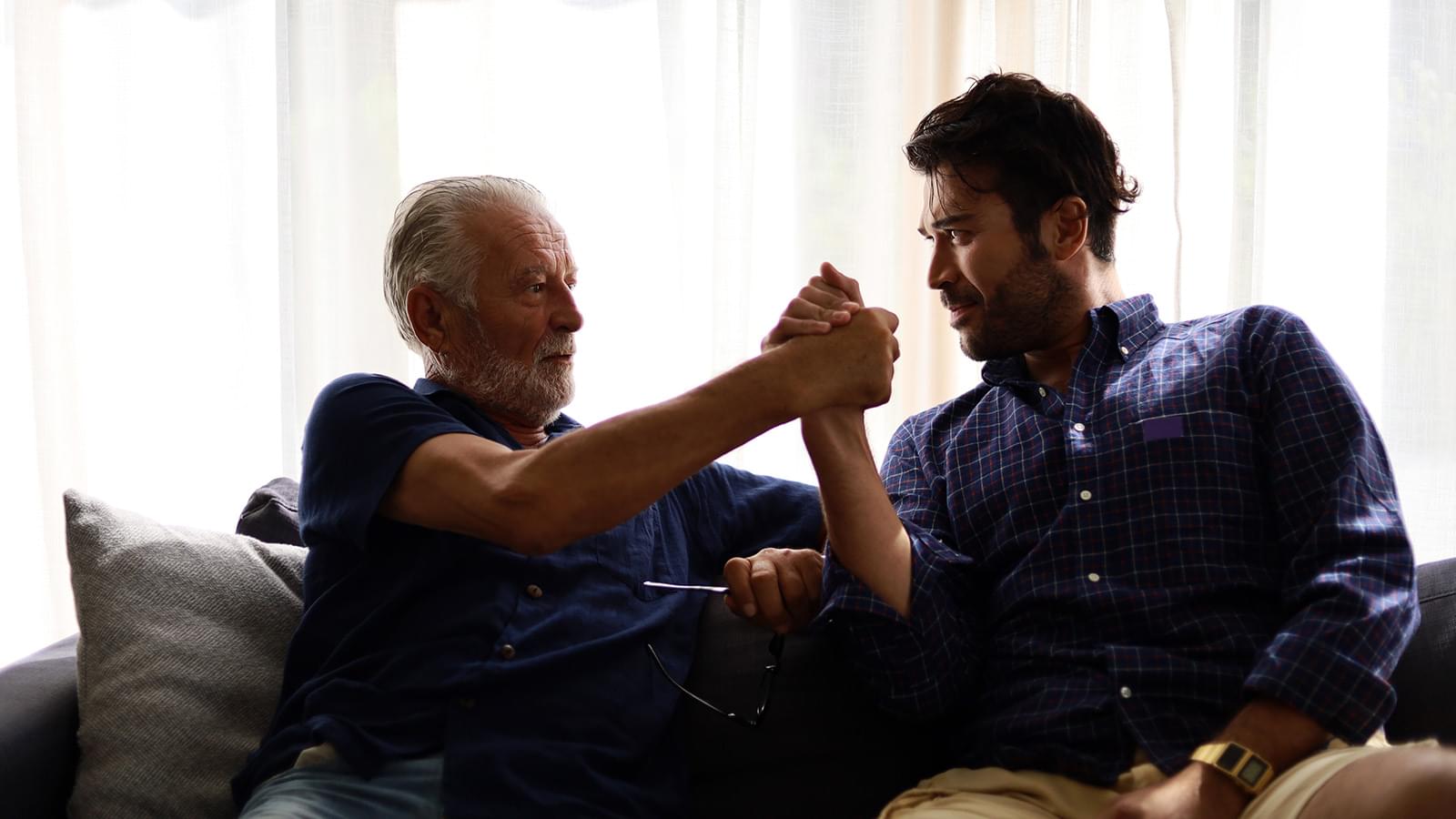May 2022
How To Help Your Loved Ones Cope With Your Terminal Diagnosis
Receiving a terminal illness diagnosis can be devastating to you and your loved ones. In this blog, we highlight a few tips for navigating end-of-life care.

After receiving the diagnosis of a terminal illness, it is natural to feel an immediate rush of worries, emotions, and confusion. To help you avoid stressing over the details, we’ve outlined a few practical tasks to enjoy what is important to you while planning end-of-life care. While these may not always be the easiest tasks to complete, doing so will make your transition easier for you and your loved ones as they navigate the world without your guidance.

Understand Your Diagnosis
Learning how your illness will progress will empower you and your loved ones and help them understand the best way to provide quality care. Speak with your doctors, and ask detailed questions specific to your diagnosis to know what to expect.
Look up accounts of others with the same diagnosis to learn how they coped with physical and mental changes as the illness progresses. If possible, make a plan with your caretakers on how you want to treat end-of-life symptoms to improve your quality of life in your final days.

Create a Support Network
A terminal diagnosis can lead to rapidly changing emotions daily, and having a support system to lean on during this time is essential for your mental health. Allow yourself to feel these emotions, and talk about them openly with those you trust. Keeping your emotions bottled up won’t help anyone, especially you.
Your support system can also help you as your illness progresses. Consider taking a look at your daily tasks and think about how your progressing condition will affect them. For example, a care team can create a meal train, run errands, or take care of beloved pets.
Make your support system aware of how you want to spend your remaining time so they can anticipate your needs and take the burden off of you to always ask for help. Communication is crucial and will make everything easier for all parties involved.

Do Your Paperwork
Consider creating a healthcare directive that puts your end-of-life wishes in writing if you have not already. This legally binding document includes naming a power of attorney who can make healthcare decisions for you if you are unable. It also creates a living will that specifies treatments you do or do not want to receive with end-of-life care. This document can also include a Do Not Resuscitate Order, depending on your wishes. Having these things spelled out takes the burden off of your loved ones who may otherwise have to guess what you may have wanted.
Inform your power of attorney of all loose ends you would like addressed after your passing. Having a specific last will and testament that lays out how you want your assets divided also allows your grieving loved ones to avoid confusion, doubt, or arguments over closing your estate.

Plan Your Funeral
Just like doing your paperwork, planning your funeral can allow your loved ones to grieve you without the added pressure of guessing what you would have wanted. “Planning” can be as simple as naming a few songs, specifying a location, or sharing your expectations for your funeral.
If you have specific wishes about how you would like to be honored, write them down, and share them with the person who will be taking care of your affairs following your passing.

Make the Most of Your Time
With the practical tasks taken care of, the only thing left to do is enjoy your remaining time. Spend time with your loved ones sharing joyful stories of your life. If you have a bucket list item you can do, now is the time to do it. Having empowered yourself with the knowledge of your illness and how it will progress, take things day by day, and try to find the bright spots in the loving support system around you.
If you are facing a terminal illness, a week away with your family may be just the thing that allows you to avoid thinking about doctor’s visits or estate planning, and truly enjoy a peaceful vacation with the ones you love. Consider applying for a Respite through The A Week Away Foundation. All Respites are free for families, and the application process is simple. Visit** our website** to learn more.
